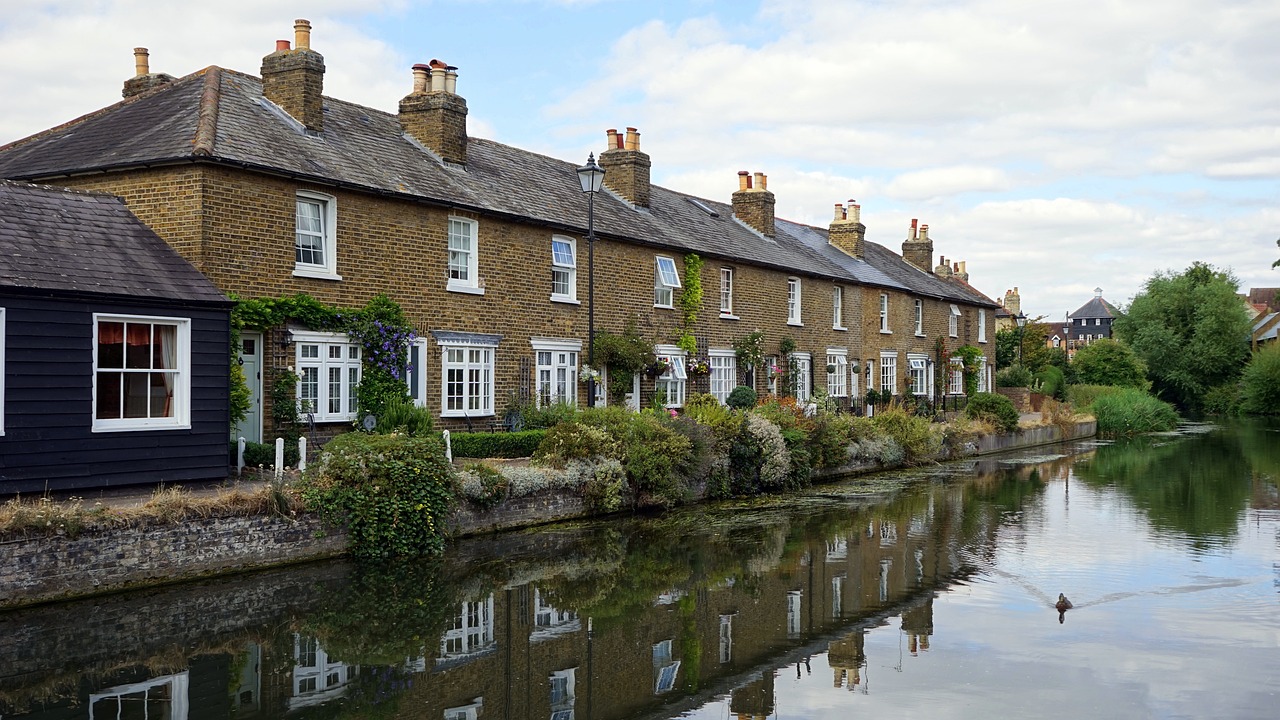Do you pay tax when you sell a property in the UK?
If you sell a property in the UK, you may be liable to pay Capital Gains Tax (CGT) on the profit you make. The amount of tax you pay depends on a variety of factors such as your income, the value of the property, and whether it is your primary residence or not.
The process of selling a property can be both exciting and daunting, especially if it’s your first time. It’s important to understand your tax obligations before putting your property on the market, so you don’t get any nasty surprises down the line.
As mentioned, if you’re selling a property that’s not your primary residence, you’ll likely have to pay CGT on the profit you make. This includes properties you’ve inherited or received as a gift. You’ll need to report the sale to HM Revenue & Customs (HMRC) and pay any tax due within 60 days of the sale completing.
If you’re unsure whether you need to pay CGT, it’s always best to seek advice from a tax professional or use HMRC’s online tools to calculate your liability.
While paying tax may not be the most enjoyable part of selling a property, it’s important to remember that taxes help to fund public services and infrastructure that benefit everyone. Plus, by fulfilling your tax obligations, you can avoid penalties and other legal issues down the line.
Selling a property in the UK can be a complicated process, but understanding your tax obligations is crucial. By taking the time to familiarize yourself with the rules and regulations, you can ensure a smooth and successful sale. Remember, it’s always better to be safe than sorry when it comes to taxes!
How do I avoid paying tax when selling a house UK?
One of the easiest ways to avoid paying CGT is to qualify for Private Residence Relief. If you’ve lived in your home as your main residence for the entire time you’ve owned it, and you haven’t let out any part of it or used it exclusively for business purposes, you’ll be eligible for this relief.
This means that you won’t have to pay any CGT when you sell your home, as long as the grounds are less than 5,000 square metres and you didn’t buy the property just to make a profit.
What happens if I sell my house and don’t buy another UK?
Well, the answer is quite simple but important to understand. The fact that you are not buying another property straight away does not exempt you from any tax liability that may arise from the sale of your house.
However, if you’ve lived in the property you’re selling for the entire time you’ve owned it, you may be eligible for private residence relief. This relief can be a huge help when it comes to taxes as it exempts you from paying any tax on the profit you make from the sale of your property.
How does HMRC know I sold my house?
It’s essential to understand that HMRC has various ways of finding out about the sale of your property. As much as we’d all like to keep our financial affairs private, the reality is that HMRC has access to several sources of information that can reveal our property transactions.
From land registry records to advertising, changes in reporting of rental income, stamp duty land tax (SDLT) returns, capital gains tax (CGT) returns, bank transfers, and other means, HMRC has various ways to uncover property sales.

It’s important to be aware that if you do sell a property, you may be required to report this to HMRC and pay any relevant taxes. Ignoring your tax obligations is not an option, as it can lead to serious consequences down the line, including fines and legal action.
While it may seem daunting, there’s no need to panic. Seeking professional advice and understanding your tax obligations can help you avoid any unwanted surprises and ensure that you’re making informed decisions when it comes to selling your property. So, don’t be afraid to ask for help, and make sure to stay on top of your tax obligations.
Can I sell my house and keep the money UK?
Selling your house is an excellent way to clear your mortgage debts and pocket some extra cash if you’ve built up significant equity in your property. If you receive an offer higher than your mortgage amount, you can feel free to accept it and keep the difference as your profit.
However, keep in mind that there may be other costs involved in selling your property, such as estate agency fees, solicitor fees, and moving costs. Additionally, if you’re selling your property before your mortgage term ends, you may need to pay early redemption charges as well.
But, here’s some good news! If you’ve lived in your house and not used it for investment purposes or as a second home, you won’t have to pay any taxes when you sell it. So, the money you receive from selling your house is entirely yours to keep!
Selling your house can be a great way to achieve financial freedom and start a new chapter in your life. Ultimately, selling your house and keeping the money is possible, and it can be a life-changing experience if done right!
What is the 36 month rule for Capital Gains Tax UK?
This is a term that often comes up when talking about capital gains tax in the UK. Put simply, the 36-month rule is an exemption period before the sale of a property that can help you reduce your tax liability.
But wait, there’s a catch! Previously, this exemption period was indeed 36 months. However, it has been amended, and for most property sales, it is now considerably less. So, it’s essential to stay up-to-date with the latest rules and regulations to ensure that you’re not caught out.

When you sell a property, you’re required to pay tax on the ‘chargeable gain.’ This means that you’ll only pay tax on the profit you’ve made, minus any Private Residence Relief to which you are entitled.
While the 36-month rule can be confusing, understanding it can help you avoid unnecessary tax liabilities and potentially save you a significant amount of money.
What happens if you don’t report capital gains UK?
Failing to report capital gains can have serious consequences in the UK. If you are required to report your gains but fail to do so, HMRC may charge you with penalties and interest on the amount owed. The amount of the penalty depends on how late you report your gains, with higher penalties for longer delays.
It is important to note that you cannot simply ignore your reporting obligations in the hope that HMRC will not notice – they have various ways of detecting unreported gains, including cross-checking with other sources of information such as bank transfers, stamp duty land tax returns, and changes in reporting of rental income.
So it’s always best to be upfront and honest about any gains you have made, and report them in a timely manner to avoid any unpleasant surprises. If you are unsure about your reporting obligations, it’s a good idea to seek advice from a tax professional or contact HMRC directly.







